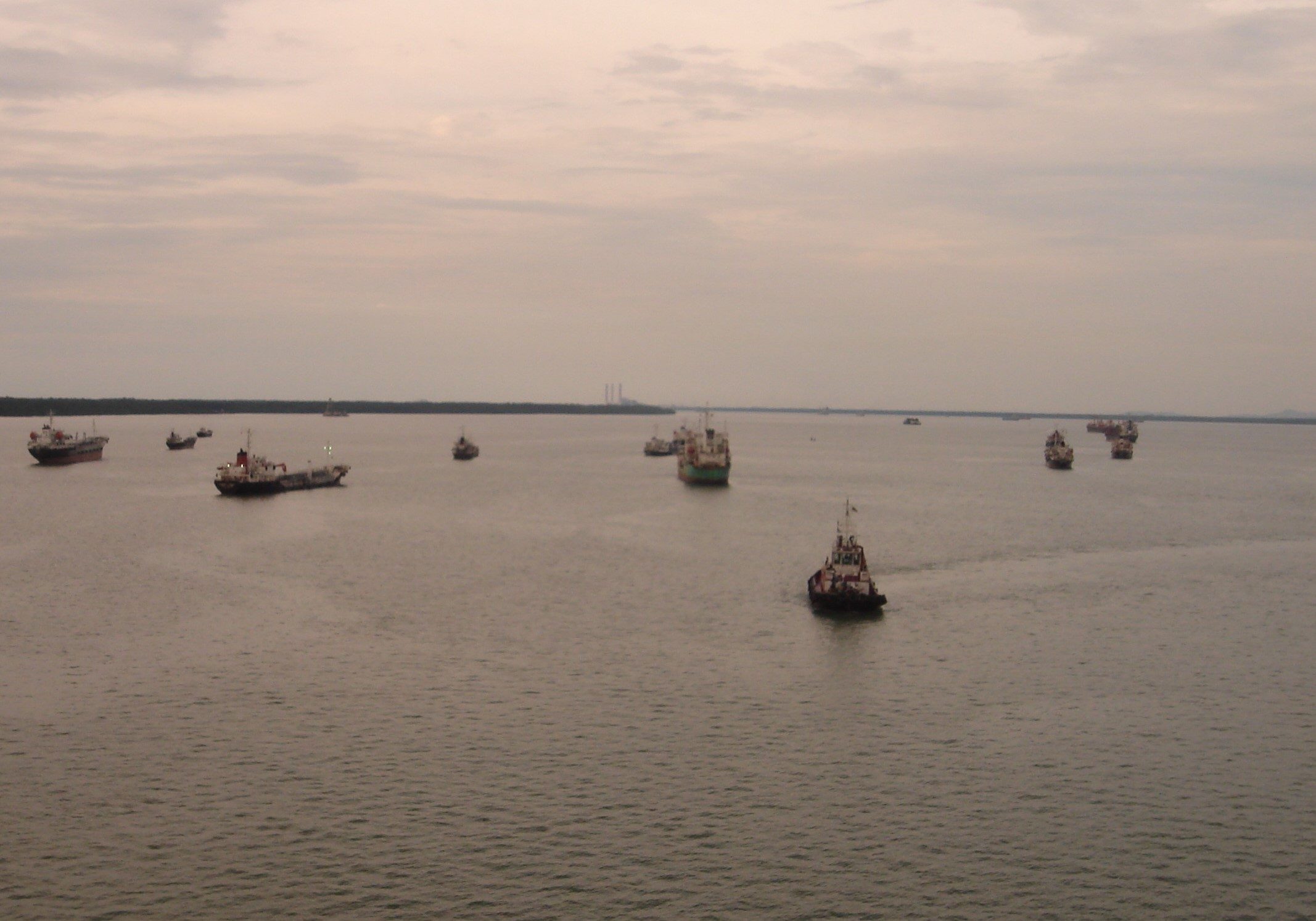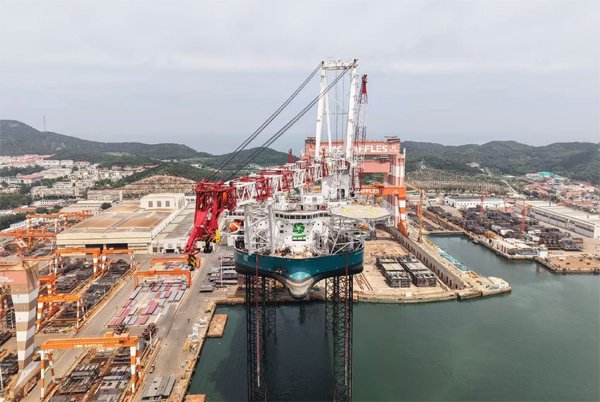

A failure of the International Maritime Organization to adopt new decarbonization rules will lead to fragmenting regulatory regimes across the globe, resulting in more regulatory burdens and unfair competition for shipping companies that could be disastrous, senior maritime executives and officials said Sept. 17.
The UN agency’s member states are expected to vote on the adoption of Net-Zero Framework in an October meeting, and its passage remains highly uncertain, with the US signaling it may punish countries supporting the regulation with tariffs and port fees.
“Three or four months ago, I would have been more confident than I am today,” Cargill Ocean Transportation President Jan Dieleman said at the London International Shipping Week’s headline conference. “There is every chance that it will be derailed.”
Failure from the IMO to establish a global regulatory regime would not be desirable, as national and regional governments will push ahead with their own regulations on maritime greenhouse gas emissions, according to Dieleman, who oversees the US trading house’s chartered fleet of around 640 ships.
“US politics are creating distractions and a lot of noise,” Katy Ware, head of regulatory affairs at London-based shipowner Zodiac Maritime, said, adding that she hopes the framework will go through. “Lots of regional regulations are not going to be good for the industry.”
Industry groups have warned that a fragmented regulatory environment would add red tape to shipping companies’ daily operations and create uneven playing fields, with most shipowners operating in international trades.
“Different decisions made in different countries … It will not work for shipping. It will be a disaster,” International Chamber of Shipping Chairman Emanuele Grimaldi said.
Regional rules
Among the most prominent examples of regional regulations, the EU has extended its Emissions Trading System to cover shipping since 2024 while imposing FuelEU Maritime rules on marine energy’s greenhouse gas intensity from January 2026.
The monthly average delivered bunker price for 0.5%-sulfur fuel oil, the most common type, was $12.16/Gigajoule in Singapore in August, compared with $14.69/Gj for LNG, according to the Platts bunker cost calculator(opens in a new tab).
LNG’s premium would shrink by 24% to $1.92/Gj for ships sailing to or from the EU.
EU member states have supported the Net-Zero Framework. Nikolaus H. Schues — who recently stepped down as BIMCO’s president but remains a board member — said the European Commission informed him it would adjust the regulations once the IMO regulation, which would impose a price on maritime GHG from 2028, is adopted.
“There will not be a complete double payment,” Schues said, adding that shipping companies will not need to pay for the same emissions in full under the two regimes. “What we all aim for is a global regulation, a level playing field.”
The EC has previously announced reviews of the ETS in 2026 and of FuelEU in 2027. An EC official in charge of maritime policies did not respond to a request for comments.
When asked to comment on the possibility of the US creating its own regulation if the framework was to be adopted despite its opposition, Schues said he hoped the US, a member of the IMO, would observe the organization’s regulations.
Source: Platts



